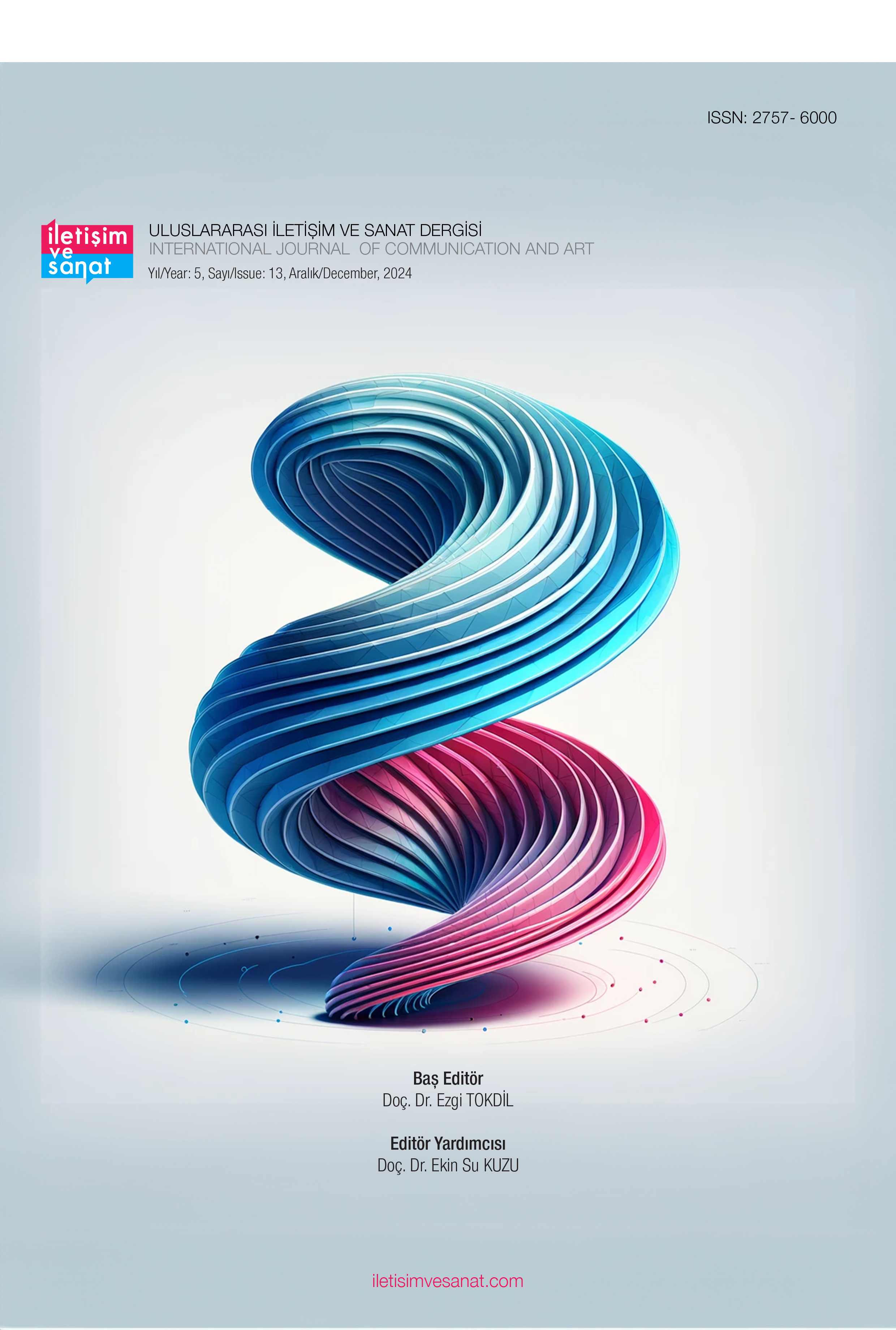Author :
Abstract
Geçmişte fiziksel olarak gerçekleştirilen gözetim, günümüzde dijital hale gelmiş ve gelişen teknolojilerle birlikte toplum bir gözetim toplumuna dönüşmüştür. Gözetim toplumunda, insanların tüm günlük faaliyetleri izlenmekte ve denetlenmektedir. İnsanların toplum içinde yaşayabilmelerinin ön koşulu, toplum tarafından üretilen kurallara uymalarıdır. Bu kurallar ihlal edildiğinde huzur bozulur. Huzurun sağlanması için, polisiye kurumlar takip, önleyici dinleme, fiziki aramalar ve Mobese gibi suç önleyici faaliyetler gerçekleştirmektedir. Ancak bu faaliyetler genellikle mevcut suçluları tespit etmeye ve onların yeniden suç işlemelerini engellemeye yönelik önlemleri içerir. Çalışmada, mevcut polis önlemlerinin ötesine geçilerek, suçun işlendiği anı tespit etmek yerine henüz gerçekleşmeden önce riskleri hesaplayıp suçu önceden tespit etmeyi ifade eden Aktüel Adalet kavramı ele alınmıştır. Bu amaçla, gözetim toplumu ve suç önleme konularında kavramsal bir çerçeve oluşturulmuştur. 2002 yapımı Azınlık Raporu (Minority Report) filminde suç önleme, gözetim teknolojileri, mahremiyet ve bireysel özgürlükler bağlamında üretilen söylemler, Aktüel Adalet kavramı üzerinden analiz edilmiştir. Filmin analizinden elde edilen en çarpıcı bulgu, suç önleme kavramının "kehanet" söylemi üzerine inşa edilmiş olmasıdır. Bir suçun işleneceğini öngörmenin insanüstü bir yetenek gerektirdiği vurgulanmıştır. Suçu öngörmenin tanrısal nitelikler gerektirdiğine dikkat çekilmiştir. Mahremiyet kavramı açısından üretilen söylemlerde, teknolojilerin gelişimi nedeniyle insanların gözetimden kaçabilecekleri bir alanın kalmadığına değinilmiştir. Sonuç olarak, gözetim teknolojileri suç önleme faaliyetlerine katkıda bulunsa da, günümüzde suçu doğrudan öngörmek mümkün değildir.
Keywords
Abstract
Surveillance, which was carried out physically in the past, has now become digital and society has turned into a surveillance society with developing technologies. In the surveillance society, all daily activities of people are monitored and supervised. The premise of people's ability to live in society is that they comply with the rules produced by society. If these rules are violated, peace will be disrupted. To ensure peace, police institutions carry out some crime-preventive activities such as tracking, preventive listening, physical searches, and Mobese. However, these activities generally include measures to identify current criminals and prevent them from committing crimes again. In the study, the concept of Actual Justice, which is called calculating the risks before they occur and detecting the crime before it is committed, rather than detecting the crime after it has been committed, is examined, beyond the existing police measures. For this purpose, a conceptual framework has been created on surveillance society and crime prevention. The discourses produced in the context of crime prevention, surveillance technologies, privacy and individual freedoms in the 2002 movie Minority Report were analyzed through the concept of Actual Justice. The most striking finding from the analysis of the film is that the concept of crime prevention is built on the discourse of "prophecy". It is emphasized that predicting that a crime will be committed requires a superhuman ability. It is emphasized that predicting crime requires divine characteristics. In the discourse produced in terms of the concept of privacy, it is referred to that due to the development of technologies, there is no space left where people can escape from surveillance. As a result, although surveillance technologies contribute to crime prevention activities, it is currently not possible to directly predict crime.





